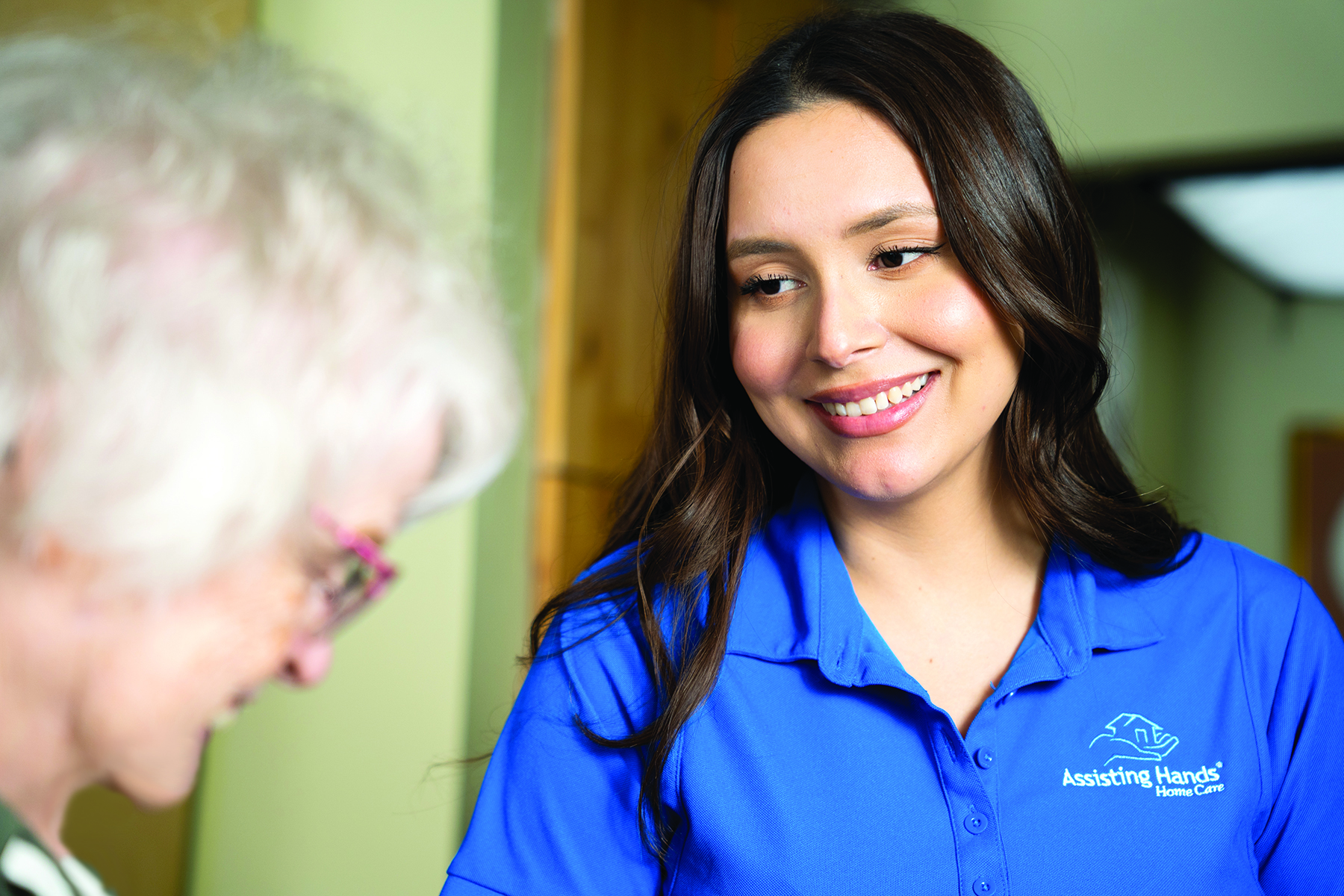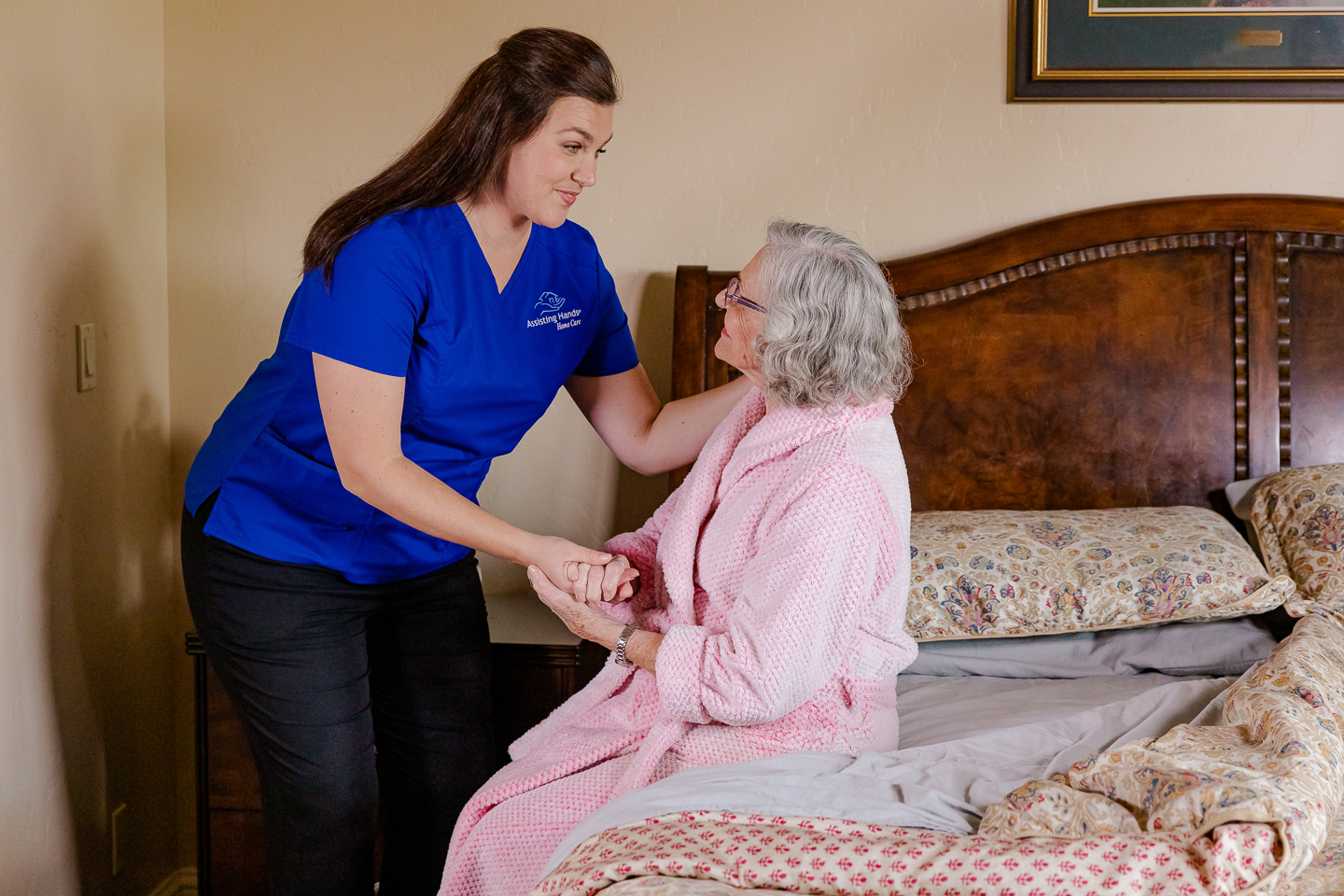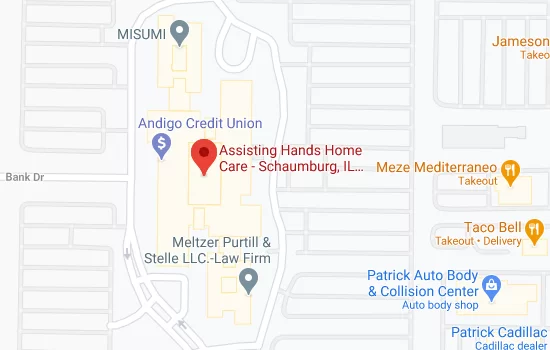
Every 65 seconds in the United States, a person develops Alzheimer’s disease. A staggering statistic, dementia-related conditions like Alzheimer’s disease are prevalent. In fact, as of 2018, in the US, 5.7 million people live with Alzheimer’s disease.
About Alzheimer’s Disease
Given the stark reality of the pervasiveness of Alzheimer’s disease in society, caregivers are increasingly invaluable. In the US, family caregivers provide an estimated 18.4 billion hours of support to people with Alzheimer’s disease. The monetary value of this unpaid care amounts to $232 billion.
Alzheimer’s disease, which is the sixth leading cause of fatality in the country, cannot be prevented or cured. Caring for an elderly individual with Alzheimer’s disease or other dementia-related illnesses requires a unique skill set. Here’s why:
Elderly persons affected by dementia experience gradual and severe cognitive decline. Lapses in short-term memory are a sign of dementia; the individual is unable to recall recent conversations or recognize familiar faces, even those of loved ones. Once-routine tasks, like finding their way home, become a challenge with dementia-affected seniors.
Cognitive impairment prompts confusion with the day and time. Those affected with dementia-related illnesses also lose important social abilities. These seniors may engage in socially inappropriate behaviors, repeat questions or altogether lose the ability to functionally communicate.
The most compassionate form of care for elderly persons afflicted with Alzheimer’s disease or other dementias is to allow them to age in the familiarity of home. A senior’s evening ritual of watching the news at 6 o’clock in a favorite recliner gives the individual an important sense of normalcy, even if he is no longer able to comprehend the journalists’ reports on television. Living in a familiar environment offers a feeling of security to an individual with dementia. Bringing in an in-home caregiver who is trained in dementia care at home is the first step toward easing the confusion of a loved one suffering from dementia.
Caregivers Offer Consistency
As a senior with Alzheimer’s disease finds comfort in familiarity, he is equally reassured by a consistent, daily schedule. Professional caregivers qualified to support care recipients with dementia learn the senior’s routine and continue the expected schedules each day. For instance, a senior who normally goes to bed at 8 PM will resume his nightly routine with the help of a caregiver with no breaks in consistency.
The security offered by established schedules gives the senior a level of understanding that he would otherwise be unable to experience. In the tumultuous cognitive whirlwind of Alzheimer’s disease and its associated loss of control, the elder also regains an invaluable sense of self-governance.
Caregivers Handle Unpredictability
Dementia conditions spur a host of psychological changes. Affected seniors experience mood swings. Increased agitation or anxiety arise, even in seniors who were once characteristically pleasant. Personality changes lead to a loss of interest in activities the senior once enjoyed.
Caregivers trained in dementia in-home care are aware of the many psychological nuances that plague dementia patients. Professional caregivers recognize that outbursts and rude remarks are due to the disease. The caregiver will examine the situation and determine the trigger for the agitation.
If a situation is the source of the senior’s anxiety, the caregiver will make attempts to distract the senior from the scenario. Caregivers understand the need to soothe the frustrated senior, using such tactics as exercise, music or shifting the elder away from the source of agitation.
Caregivers Manage Suspicion
Along with personality changes, unreasonable suspicion arises in those affected by dementia. Seniors with dementia are likely to accuse those around them of theft, infidelity and improper behavior—often without warrant or by misinterpreting what they see and hear.
Similar to handling unpredictability, caregivers are trained to not take accusations personally. Compassionate caregivers allow the senior to express himself fully or vent. When irrational outbursts occur, the caregiver gently distracts the senior, engaging him in calming activities.
Caregivers Encourage Stimulation
Patients with Alzheimer’s disease are prone to becoming easily bored. Caregivers engage the senior in mental challenges, like puzzles, a game of cards or board games. Taking leisurely walks together also aids in preventing boredom.
Trained caregivers provide sensory stimulation, which is beneficial for the social, mental and physical health of seniors living with dementia. Dance, art, and music activities promote overall well-being. Changes in the senior’s ability as time goes on is observed by an experienced caregiver, and activities are suitably adjusted.
Caregivers Assure Safety
A critical aspect of a caregiver’s duty is to ensure the senior’s living environment is safe. Alzheimer’s patients are prone to wandering, which can lead to concerns about safety and becoming lost. Approximately 60 percent of people with Alzheimer’s disease wander at some point during their experience with the disease.
Caregivers are trained to keep the senior engaged to reduce anxiety and restlessness, which commonly prompt wandering. A caregiver’s presence in the senior’s home ensures the elder suffering from dementia is constantly supervised and never left alone.
Almost half of all family caregivers provide care for a dementia-affected elder, with nearly two-thirds of caregivers being women and one-third being daughters. Your loved one deserves to age in place, and family caregivers deserve relief from nonstop caregiving duties.
Work with a Caregiver
As a comprehensive, non-medical senior care agency, Assisting Hands Home Care in Park Ridge, IL is staffed with a team of compassionate caregivers who are trained and experienced in both Alzheimer’s and dementia home care. Whether your needs are short-term or full-time, Assisting Hands Home Care offers a wide range of flexible options. Our respite care, 24-hour care and live-in care provide invaluable support.
When a loved one affected with dementia can no longer provide self-care, Assisting Hands Home Care caregivers will tend to the senior’s personal hygiene, help with meal preparation and fulfill transportation needs. Our caregivers with dementia care experience are sensitive to the unique needs of dementia patients.
A dependable senior home care agency serving the needs of the elder populations in Park Ridge, Illinois, Assisting Hands Home Care is licensed, bonded and insured to provide maximum peace of mind to families and their aging loved ones.
Request a Free Consultation
To request a free consultation with one of our trusted caregivers in the Park Ridge, IL area, contact Assisting Hands Home Care at (224) 258-0736.

Daniela has master’s degree in electronic engineering with a pedagogical specialty and master’s degree in marketing management.
After completing her schooling, Daniela worked at a hospital for 6 years as the Director of Business Marketing Development and Public Relations.
Starting Assisting Hands Home Care
Daniela spent more than 14 years as the Assistant Vice President of a national bank before becoming a co-owner of Assisting Hands Home Care of Schaumburg.
Her background in public relations and marketing along with her personal experience caring for her mother motivates Daniela to be passionate about helping families in the Schaumburg, IL area find exceptional caregiving services for their elderly loved ones.
Besides providing home care, Daniela enjoys giving back to the community in her free time, supporting various events at St. Peter Parish in Geneva, IL such as fundraising, school projects, charity events, and more. She also enjoys volunteering for the Humanitarian Service Project in Carol Stream, IL. This organization provides seniors with meals as well as food and supplies for children living in poverty.






















